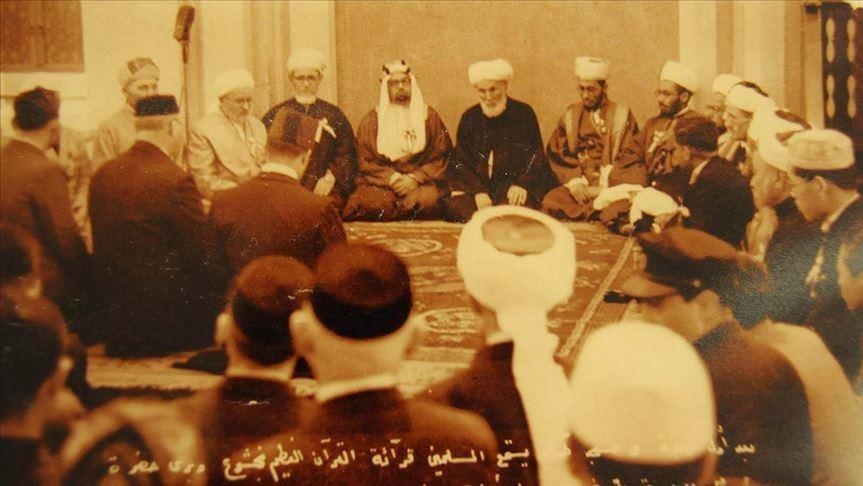
TOKYO
The 78th anniversary of the passing of Abdurresid Ibrahim, a Tatar-Turkish traveler known for his efforts to introduce Islam to Japanese society, will be commemorated on Wednesday.
Ibrahim first arrived in Japan in 1900 after traveling around Asia and publishing a two-volume treatise titled "The World of Islam." He observed the socioeconomic situation of the surrounding community and preached Islam to them, as well as established an association for the purpose.
Even after 78 years of his demise, he remains the unifying force of Muslim communities in Japan.
Meeting Ottoman intellectuals
Ibrahim was born in Omsk, Russia's Siberian region, to a Tatar-Turkish family in 1857, and began studying in a madrasa at the age of seven.
He came to Istanbul to pursue his education and returned in 1884 after studying Islamic sciences for more than four years in Medina.
After meeting intellectuals such as Ahmed Vefik Pasha and Muallim Naci, he wrote articles for the Umran newspaper titled "The Future of Russia's Muslims."

World of Islam
Ibrahim, who traveled to Europe in 1896 and explained the problems of Muslims in Russia, left Istanbul in 1897 and visited Palestine, Hejaz and Egypt.
He then journeyed via Italy, Austria, France, Bulgaria, Yugoslavia, and Western Russia before reaching Japan through the Caucasus and Siberia.
The Japanese victory in the Russian-Japanese War of 1904-1905 had also implications for Muslim societies under Russian rule.
In Tokyo, where he lived, Ibrahim preached Islam to several Japanese statesmen by establishing relationships with the imperial family.
He founded the "Ajia Gikai" association to promote Islam in Japan and attempted to construct a mosque in Tokyo.
After the deposition of Ottoman Sultan Abdulhamid II, he postponed his desire of building a mosque and traveled to Korea in 1909.
Tokyo Mosque symbolizes togetherness
He returned to Istanbul in 1910 and informed the Ottoman people about Japan.
Ibrahim, who had lived in Konya province during Türkiye's early years, began to travel again after his solitary life there.
When the traveler returned to Japan in 1933, he began building a mosque in 1934, which is today known as the Tokyo Mosque in the capital.
With the affluent Japanese covering construction expenditures of the mosque, which was completed in 1938, he was designated the mosque's first imam or prayer leader.
The Tokyo Mosque, spiritual legacy of Ibrahim who died 78 years ago on Aug. 17, 1944, promotes the harmony and unity of Japan's Islamic societies.
The traveler, who was buried in Tokyo's Tama Cemetery, is remembered by Muslim communities on the anniversaries of his birth and death.
*Writing by Seda Sevencan in Istanbul








